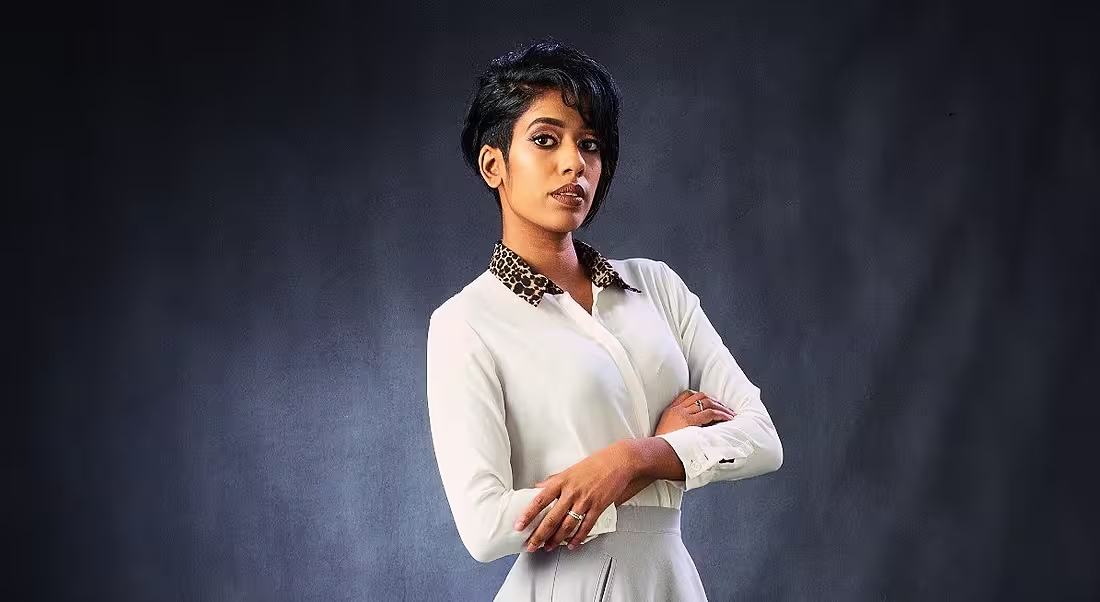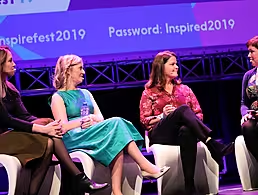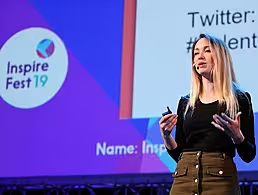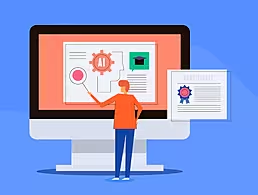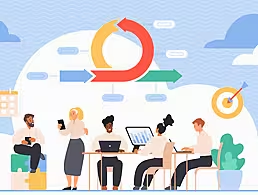Women Who Code UK expansion director Sheree Atcheson discusses the importance of changing the way we treat women from a young age.
While there is a lot of work being done in the STEM industry to improve gender diversity, we still have a long way to go.
One of the people making waves in this area is Inspirefest 2018 speaker Sheree Atcheson, a tech business consultant at Deloitte and UK expansion director at Women Who Code.
“Women Who Code is the world’s largest non-profit in the females in software, engineering and tech space,” she said. “We provide women an avenue and a space in tech to come together with like-minded people but also to nurture and develop their digital confidence and technical skill sets.”
While Women Who Code works closely with women to help them flourish within the industry, the non-profit also works closely with companies to help them develop and improve their gender diversity through areas such as recruitment and job adverts. Major tech players such as Facebook, Twitter and Etsy are the organisation’s partnering companies.
“We’ve a lot of big global giants behind our mission, which really gives credibility to the work that we’re doing,” she said.
When she started with Women Who Code five years ago, it had fewer than 5,000 members. Today, it has 137,000 members globally. As the organisation’s UK expansion director, Atcheson leads almost 8,000 women.
Advocating for women
As a massive advocate for women in STEM and technology in particular, Atcheson knows the struggles women have within the industry. However, she said she has been very privileged in her own career.
“I’ve done a lot of work to ensure that whatever company I’m in is doing something within the gender disparity issues and focusing on diversity and inclusion.”
She said she’s had experiences that she believes most women have had that are not always very professional – the kind of experiences that would make you want to stand up and speak out.
“With the responsibility that I have leading 8,000 women across the UK, it’s my role to speak up and say: ‘That’s not OK’.”
With most women having these kinds of experiences, are things really changing for women in STEM? Atcheson is feeling optimistic.
“If you even just look at Inspirefest and Women Who Code as a whole and the work that those organisations are doing and let’s look at things 10 years ago and what that would have looked like – Women Who Code didn’t exist 10 years ago,” she said.
“I think there was a real strong view that there aren’t many women in tech out there so maybe it doesn’t matter, but look at the numbers we are getting, look at the amount of people who are interested,” she said.
Change at a young age
While progression within companies and forward-thinking organisations such as Women Who Code are making huge differences, the fight for gender equality is a long road, one that won’t be ending any time soon.
“This isn’t something that’s ever going to change overnight,” said Atcheson. “I view this as something of a generational shift, so probably not in the next generation but the generation after that, things should be shifting and there should be a very clear difference in the issues that we’re having now.”
Atcheson highlighted the lack of young girls in STEM subjects as a clear problem in society as well as the gender stereotypes that occur from birth. “I think it’s fantastic that we have lots of companies stepping up, but if we don’t provide children the opportunity to decide themselves what they don’t like, then we’ll never get those people later on.
“It must be very difficult to try and go against the norm even with something as basic as going to buy Christmas presents and everything in the girls’ aisle is bright pink and unicorns and everything in the boys’ section is Lego and tractors and it’s blue and red.”
Atcheson noted some great work in this space already being done by Stemettes and the Twitter hashtag #LetToysBeToys. “While I’m with Women Who Code, and I’m trying to help the women that are here now or about to come in, we link up a lot with people like CoderDojo and Stemettes,” she said.
“We can’t have women who code if we don’t have girls who code and we can’t have girls who code if we don’t have young children who have the ability to decide for themselves without society saying: ‘you’re going to like this and you’re not going to like that.’”
Shining a light elsewhere
Atcheson is also the founder of I Am Lanka, a social responsibility project that shines a light on the local and global Sri Lankan change makers.
She wanted to highlight stories from amazing people in Sri Lanka to prove to others that “you can be what you can see, you don’t have to look across the water or away for people who are doing great things because there are people that look like you and sound like you that are doing really cool and innovative things”.
She spoke about 18-year-olds who were second-year computer scientists and hotel chairmen who are revolutionising tourism in Sri Lanka. “These are amazing people but their stories just weren’t being told.”
Atcheson felt she had a responsibility to do something about this through a bizarre level of fame she seemed to have acquired. “When I walk down the street in Sri Lanka, people know who I am,” she said. “It’s incredibly bizarre but I couldn’t just waste that kind of attention.”
Top career advice
Throughout her incredibly successful career in technology, Atcheson has learned plenty of lessons along the way.
While many successful people often impart the vague advice of simply ‘go for your dreams’, Atcheson offered practical tips for both men and women looking to progress their career.
“Research the area that you’re looking to get into and reach out to people that are involved in it,” she said. “That sounds daunting to some people but the world as a whole is no longer very tight knit, it’s not hard to contact people. Twitter and LinkedIn are around for people to do that with the click of a button.
She said people shouldn’t be afraid to network because the worst that will happen is they will say no, which is not that big of a deal.
“I spent a lot of the start of my career as a 22-year-old who just graduated, became a software engineer and founded Women Who Code across the UK,” she said.
“I spent a lot of time being stressed and at times depressed because people didn’t like me and they didn’t like that I was making changes.” Now, as one of the UK’s most influential women in tech, she speaks at conferences all over the world.
“I got to the point in my career where I really don’t care anymore if people don’t like me,” she said. “If people don’t like me or don’t support me, that’s fine because the overarching theme of the work that I’m doing is success.
“I wish someone had told me back then that it’s OK if that person doesn’t like you or it’s OK if that person thinks what you’re doing is silly because you know it’s not.”
Inspirefest is Silicon Republic’s international event connecting sci-tech professionals passionate about the future of STEM. Get your Spring Bird tickets now to join us in Dublin on 21 and 22 June 2018.
